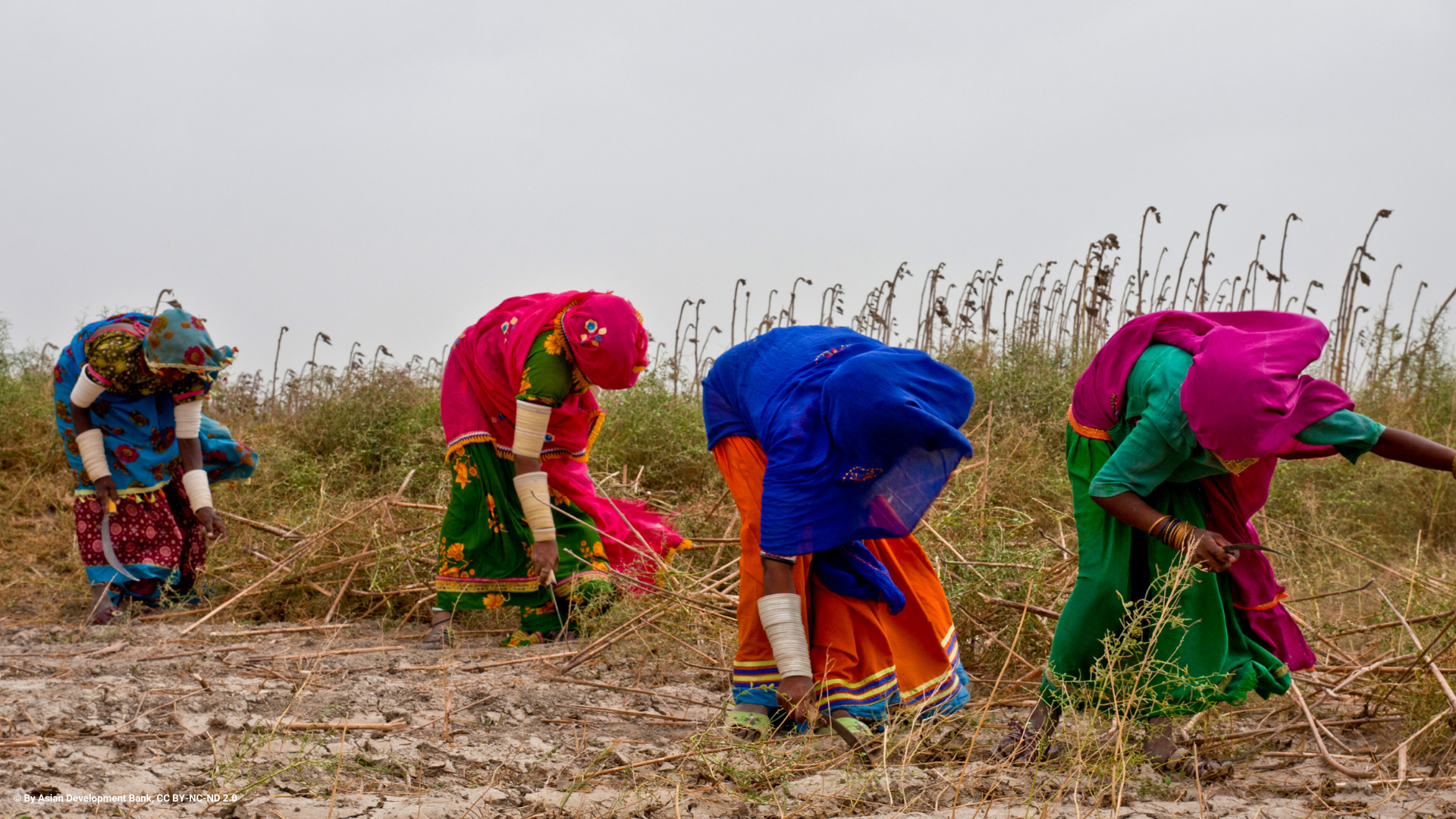
About Us
Since its founding in 1991, UNPO has cultivated deep expertise in self-determination, nonviolent strategy, and geopolitical advocacy, developed in close collaboration with its members, partners, and academic allies.
The UNPO Academy builds on this foundation as a global think tank that combines research, policy innovation, and strategic training to amplify the voices of unrepresented nations and peoples.
Emerging from initiatives like the Unrepresented Diplomats project (Oxford University, 2015–2016), the Academy now integrates decades of UNPO-led convenings, such as the Tallinn Conference on the Rights of Peoples and the Re-Imagining Self-Determination forum in Madeira (2025). It offers a space where expert knowledge meets lived experience, generating practical tools, critical insight, and forward-looking strategies for inclusive global change.
At the heart of this mission lies the Declaration on the Rights of Peoples, which affirms the universal right to self-determination, cultural identity, and meaningful participation. It serves as both a moral compass and a practical framework for our advocacy and policy work. Through the Academy, UNPO ensures that this Declaration continues to guide action, inspire solidarity, and shape the pursuit of justice worldwide.



Publications
As part of its mission to democratize knowledge and build strategic capacity, the UNPO Academy publishes articles that offer a geopolitical perspective on the regions where our members are based. Our aim is to shift the lens of international analysis, placing unrepresented communities at the center of geopolitical debates and showing how their role is key to stability in areas affected by ongoing conflicts. These publications seek to inform and strengthen advocacy efforts by bringing global attention to the struggles of unrepresented peoples. Written by academic analysts in close collaboration with our members, they combine expertise with first-hand insights from the ground, highlighting both the challenges faced and the strategic importance of these communities.

Conferences
UNPO has a long-standing tradition of bringing together communities, scholars, and policymakers for strategic dialogues. Building on this legacy, the Academy serves as a hub where issues such as human rights, self-determination, cultural and environmental rights, and minority protection are debated, placing unrepresented peoples at the center of discussions on stability and peace. Through roundtables with experts and members, the Academy fosters dialogue on non-violence and diplomacy highlights how these communities can contribute to long-term solutions. In today’s context of shifting alliances and instability, these discussions aim to influence political agendas and embed self-determination and human rights into the priorities of international actors.

Courses
At UNPO, we believe knowledge is a tool for change. Through the Academy, we provide trainings and resources on nonviolent social action, digital and physical security, UN advocacy, cultural and environmental rights, and strategic communication. These programmes are designed to strengthen the capacity of unrepresented communities, giving them the skills and confidence to defend their rights and engage in global advocacy.
Our activities take the form of interactive workshops, online modules, in-person training, and mentoring initiatives, reaching members, partners, youth leaders, and activists worldwide.

Who We Work With
The UNPO Academy thrives on collaboration and co-creation. We work alongside a diverse network of:
- Academic institutions and research centres, including long-standing partnerships with the University of Oxford, University of Tartu, University of Cyprus, and others
- Civil society organizations, think tanks, and human rights coalitions
- Community-based experts, who provide grounded, lived insights into the political, cultural, and environmental realities of unrepresented peoples
Through this interdisciplinary and intergenerational network, the Academy acts as a bridge between grassroots struggles and global expertise, producing knowledge that is both rigorous and responsive to the challenges of our time.
Click here to find out more about how to become a collaborator for UNPO Academy.
Our Member Academics
Dr. Tenzin Dorjee
Our International Academics
Prof. Fiona McConnell, university of Oxford
Fiona McConnell is a Professor of Political Geography at the University of Oxford and a Tutorial Fellow in Geography at St Catherine’s College, Oxford. Her research, which began with a focus on the exiled Tibetan government, now explores governance beyond the state and the articulation of political legitimacy by marginalized communities. Since joining the UNPO in 2012, she has been instrumental in developing the Unrepresented Diplomats Training Program and the Model UNPO, and co-authored influential reports on compromised spaces. As a political geographer, Fiona’s research aims to develop new areas of thinking regarding governance beyond the state, and has been Awarded the Philip Leverhulme Prize and the Back Award. Fiona’s work continues to shape the discourse on self-determination and diplomacy.
Dr. Liam Saddington, University of Cambridge
Dr. Liam Saddington is a political and environmental geographer focused on the geopolitical impacts of climate change, particularly for small island states and the rising sea levels. His research on the UK’s evolving role in the South Pacific offers key insights into environmental degradation and displacement. He co-developed the Model UNPO, bringing conflict resolution and debates on human rights and environmental justice to UK schools. He serves as the academic advisor for the UNPO Youth Network and contributes to study sessions in partnership with the Council of Europe, contributing his expertise to global advocacy efforts.
Dr. Michael van Walt van Praag, international lawyer
Dr. Michael van Walt van Praag is a distinguished international lawyer and expert in intra-state conflict resolution, known for his foundational role as the first General Secretary of the UNPO. In addition to his involvement with our organization, Dr. van Walt possesses extensive experience in facilitating peace processes and mediation, having facilitated peace talks throughout the world and lent his expertise as an advisor and consultant to governmental and non-governmental organizations engaged in such processes. He currently serves as executive president of Kreddha and is a Senior Fellow at the Sompong Sucharitkul Center. In 2020, he was awarded a knighthood by the King and the Dutch government for his exceptional global contributions to conflict resolution and the rights of oppressed peoples.
Prof. Francesco Palermo, University of Verona
Francesco Palermo is a professor of comparative constitutional law at the University of Verona and Director of the Institute for Comparative Federalism at Eurac Research in Bolzano/Bozen. He worked for the OSCE High Commissioner on National Minorities and was member and president of the Council of Europe’s Advisory Committee on the Framework Convention for the Protection of National Minorities. From 2013 to 2018 he served as a non-party member of the Italian Senate, Member of the Scientific Committee of the Fundamental Rights Agency of the EU for the term 2018-2023 and Constitutional Adviser to the Council of Europe’s Congress of Local and Regional Autonomies since 2019. He has authored over 300 publications, including 11 monographs and 36 edited volumes. He serves as UNPO’s Democratic Pluralism advisor.
Dr. Asebe Regassa Debelo, University of Zurich
Dr. Asebe Regassa Debelo is a senior research and teaching fellow at the University of Zurich, Switzerland. He researches on Indigenous Peoples’ right to self-determination, resource sovereignty, land grabbing, peace and conflict, and pastoralist livelihood transformation in East Africa.
Prof. Costas M. Constantinou, University of Cyprus
Professor Costas M. Constantinou is Professor of International Relations at the University of Cyprus.
Dr. Shona Loong, University of Zurich
Shona Loong is a Senior Scientist in political geography at the University of Zurich. Her research focuses on conflict, peacebuilding, and the politics of foreign aid in Myanmar’s borderlands. She holds a DPhil from the University of Oxford and her work has been published in Annals of the American Association of Geography, Transactions of the Institute of British Geographers, and Political Geography
Prof. Alexander Manby, King's College London
Professor Alexander Manby is a political geographer whose research focuses on how stateless, minority, and Indigenous communities engage in practices of internationalism and diplomacy. Alex has worked with UNPO since 2020, first on a project documenting the exclusion of unrepresented communities from UN spaces during the Covid-19 pandemic, and more recently on collating UNPO’s archives and researching the organisation’s history. Alex is currently based at King’s College London, having previously held positions at the University of Oxford, where he also completed his PhD.
Prof. David Zarnett, University of Toronto
Professor David Zarnett has a Ph.D in Political Science from the University of Toronto, where he teaches courses on international relations, human rights and research methods.

